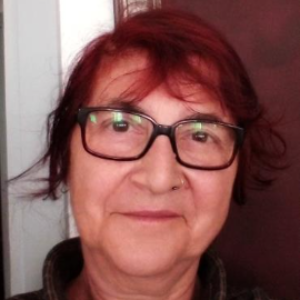Abstract:
Bacterial resistance to antibiotics is an emerging threat. Pathogenic and opportunistic bacteria in nosocomial-acquired infections increasingly cause complications in the postoperative course. Medicinal Wild Edible Plants (MWEPs), growing in the Mediterranean basin, are known since ancient times for their healing properties and nowadays a growing number of people rediscovers them as natural remedies to common infections. We recently studied the antimicrobial properties of two MWEPs (Lavandula angustifolia, Lavender, and Corylus avellana, Hazelnut), to assess whether they are able to inhibit the bacterial growth by potentiating human innate immune response. For L. angustifolia the results showed that the cells treatment increases the phagocytic rate and stimulates the containment of intracellular Staphylococcus aureus replication by macrophages. Besides, this stimulation is coupled with expression of genes involved in reactive oxygen species production. The essential oil treatment balanced the inflammatory signalling induced by repressing the principal pro-inflammatory cytokines and their receptors and inducing the heme oxygenase-1 gene transcription. For C.avellana our results suggest that the effect of the hydro-alcoholic extract on macrophage immune response against S.aureus infection is influenced by the intracellular inflammatory status of the donor. In both the studies we found that MWEPs extracts in S. aureus infected-human macrophages exerted a biphasic effect, either potentiating or worsening the bacterial containment. We like to favour the hypotheses that this is the result of the interaction between the dose of the phytochemical stressor administered and the intracellular milieu inflammatory status.




